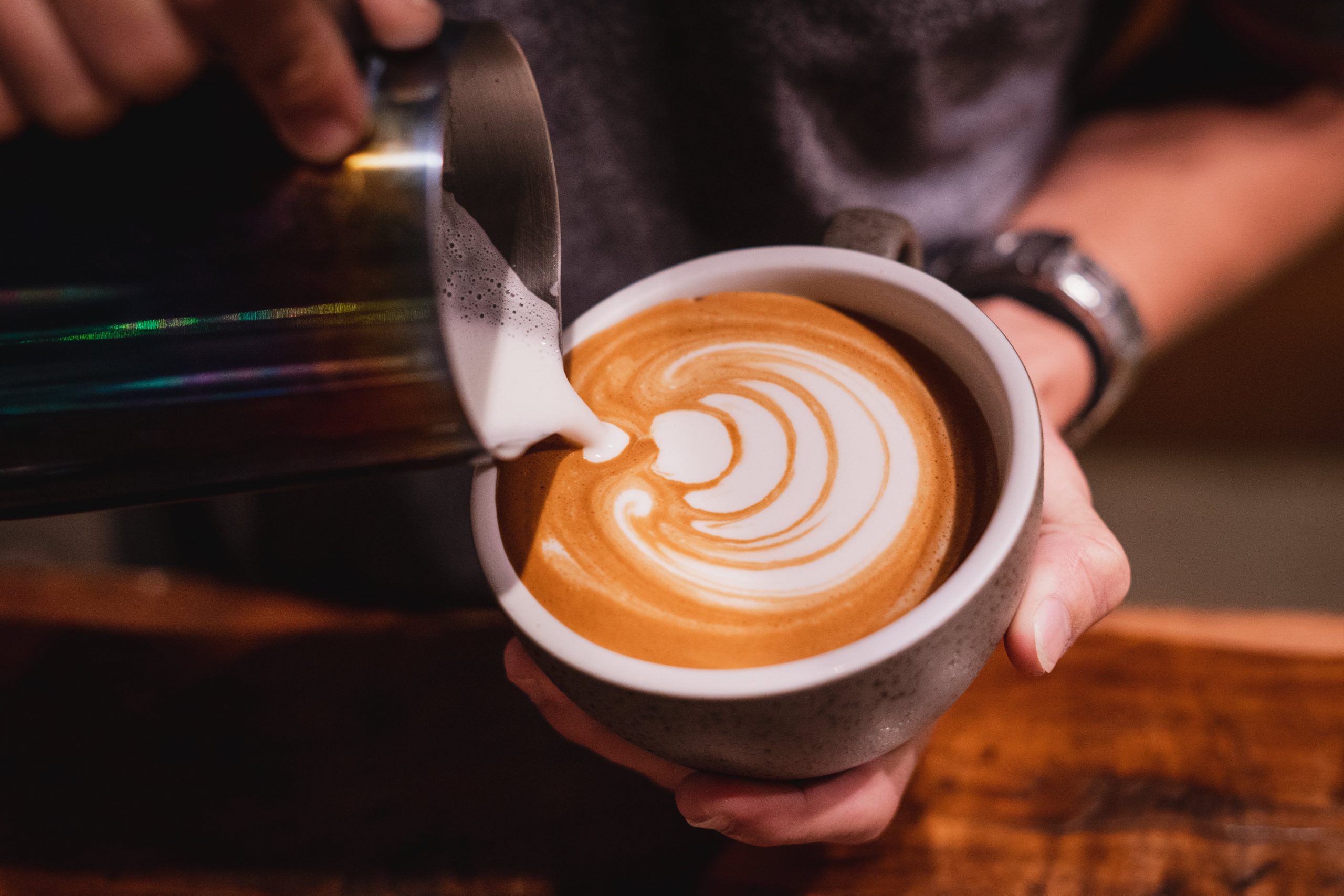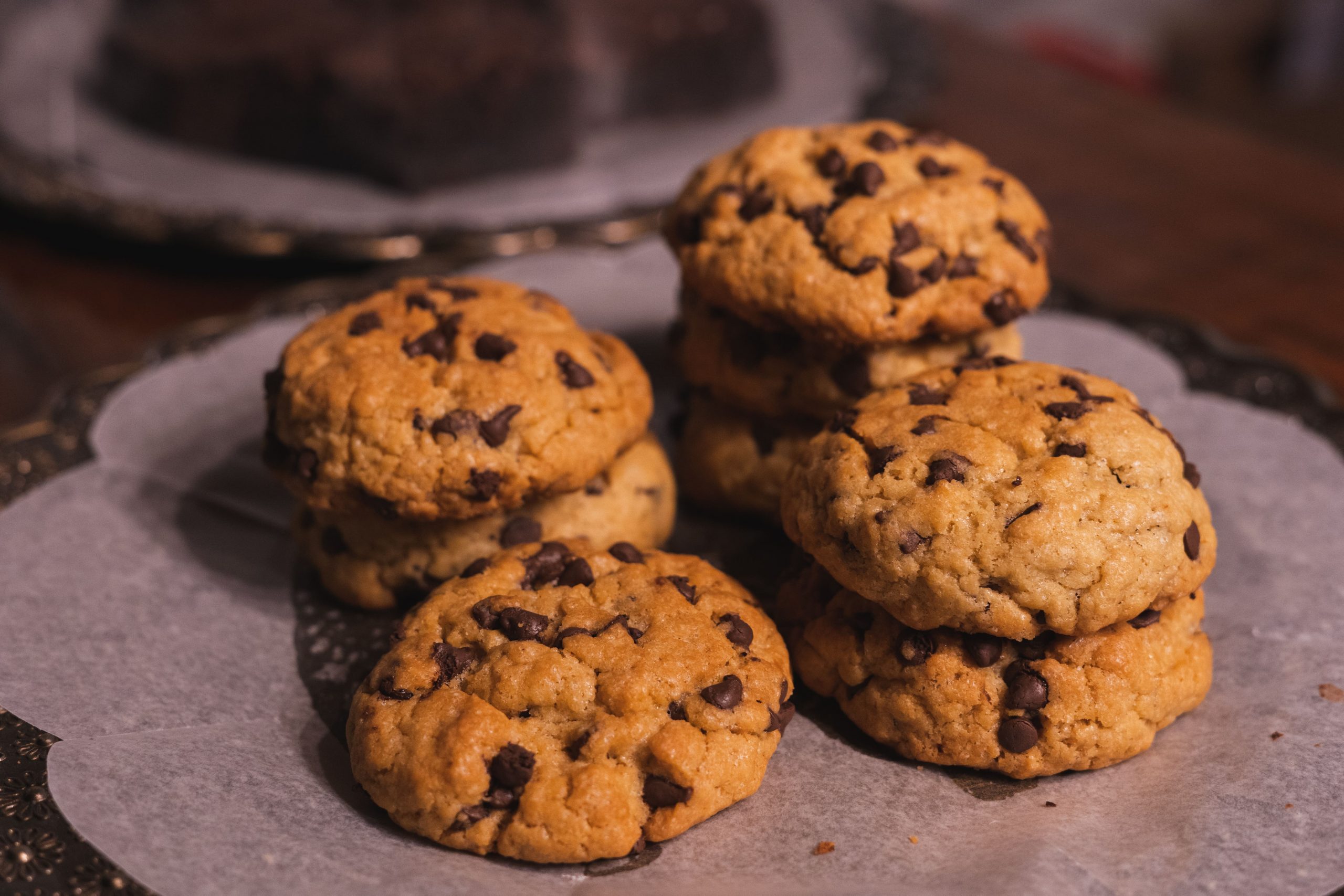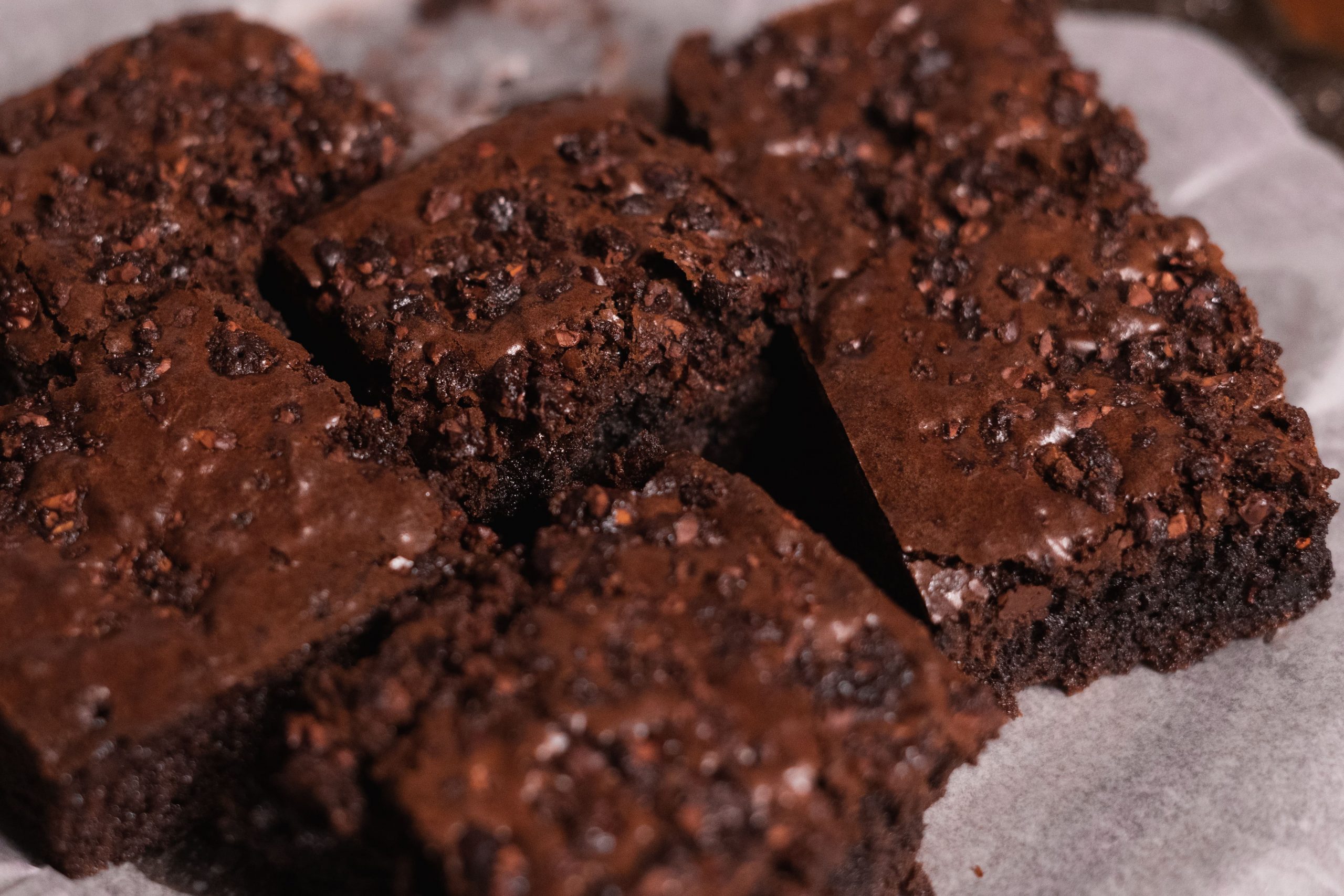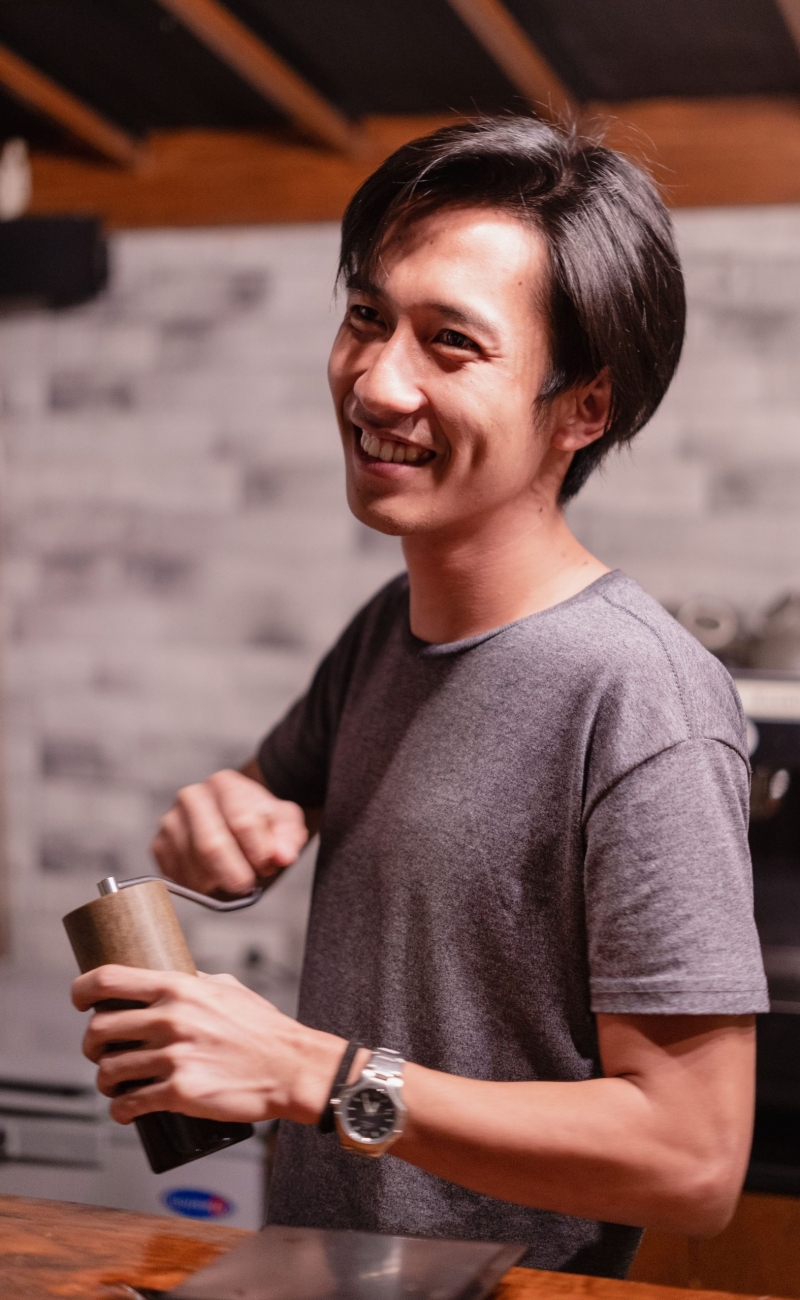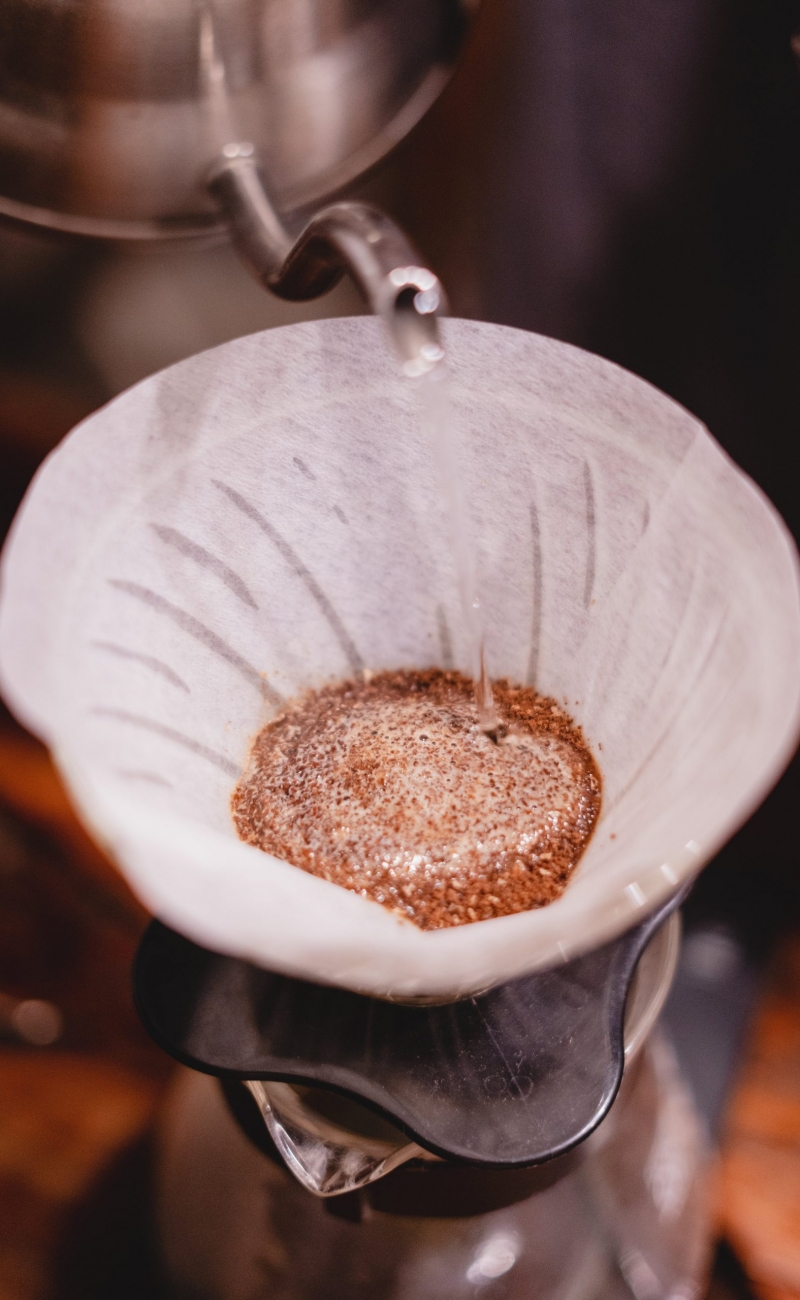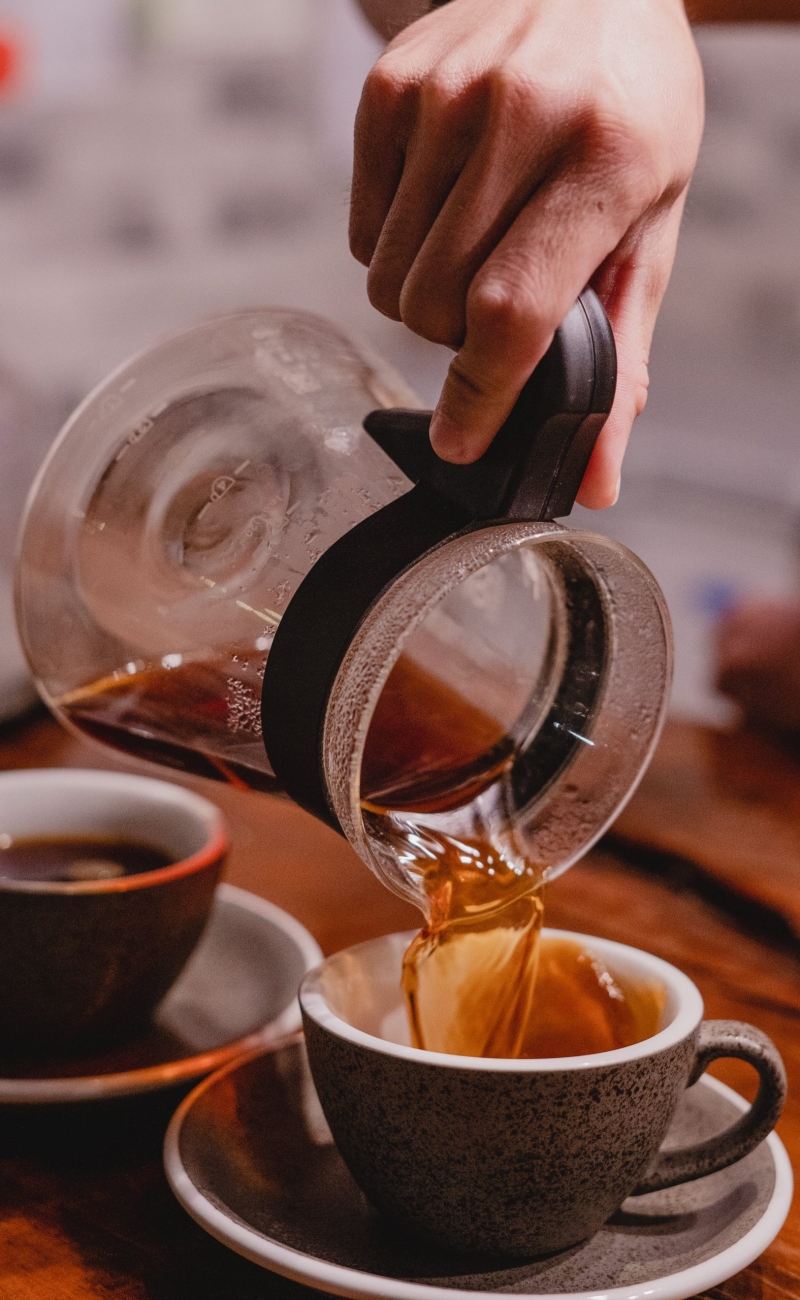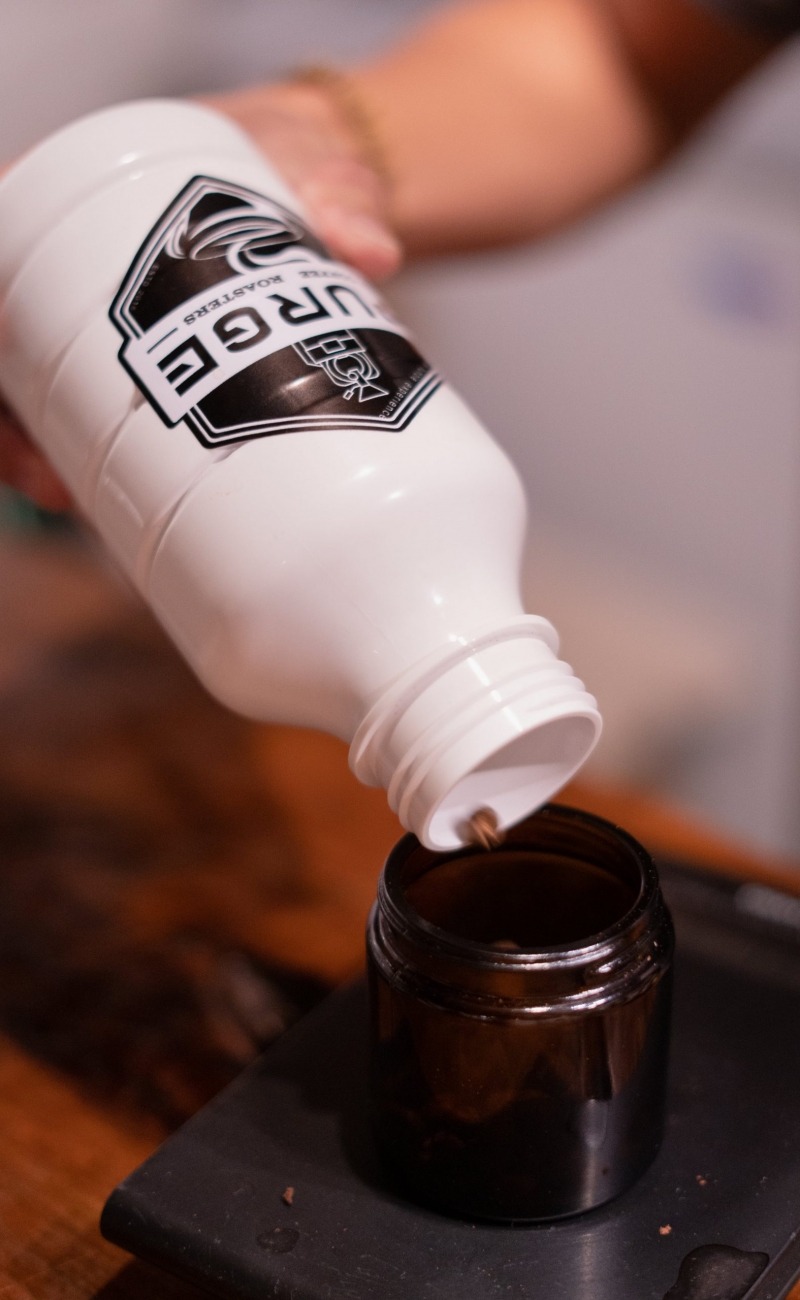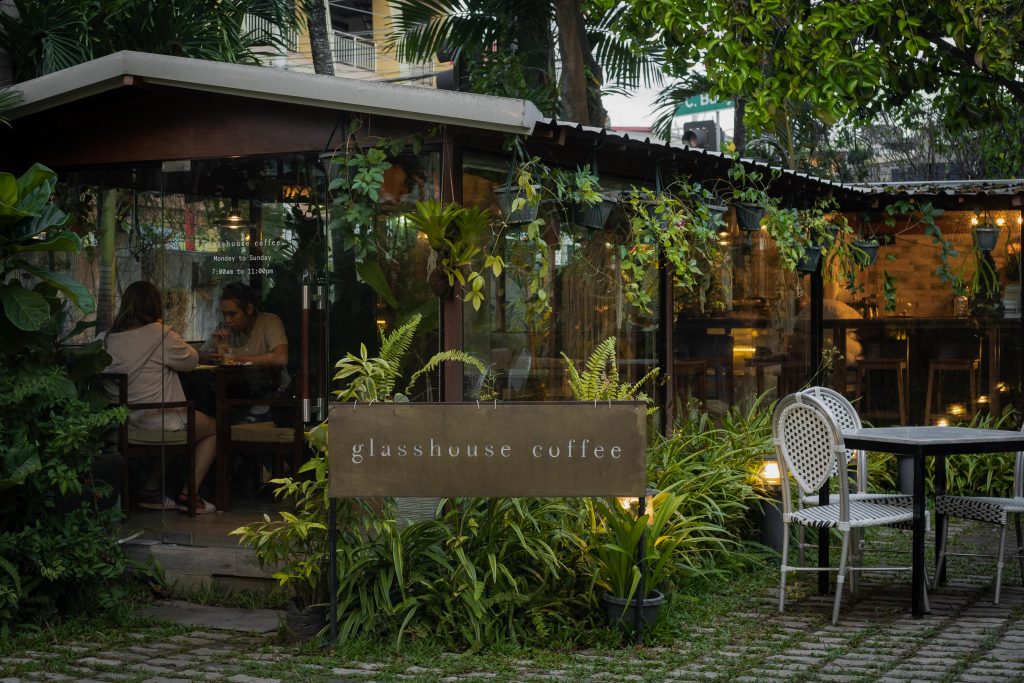
In a corner compound in the heart of Davao City, nestled in the garden of a 1920’s ancestral home, stands a small coffee shop built by stilts and glass. Plants big and vining grew from its roof and foundations, keeping anyone inside hidden away.
Perhaps this is the best way I can properly introduce Glasshouse Coffee, because spending every hour inside always feels like you are living a page out of your pre-teen storybooks with its warm lighting and plants that must have grown right out of its glass structure. If you have absolutely zero recollection of such a time then perhaps you can’t resist reenacting your favorite moody music videos with its comforting interior enhanced by the slow legs of raindrops parting the moist from the glass walls and the shop’s eargasmic playlist.
The seating of 15 people may have helped create the full experience since you hardly find yourself among noisy teen study groups. Although humble in its operations, Glasshouse has cemented itself as a Davao establishment with an experience you can hardly find anywhere else.
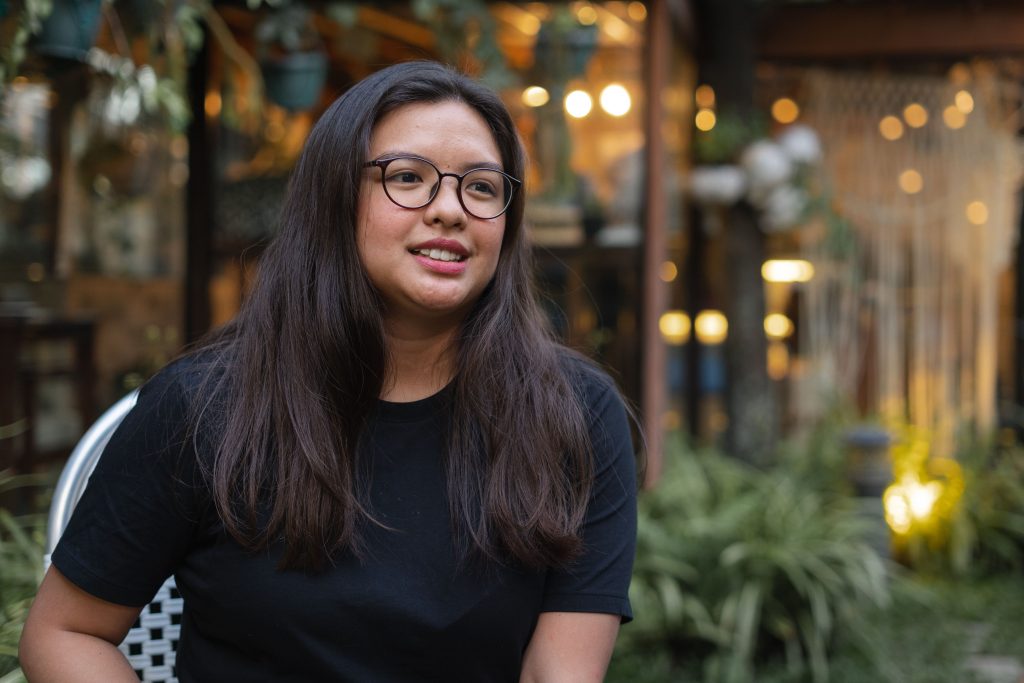
It was hard to believe when Kim Fabular told me that everything I, among the other regulars, love about the cafe was not part of a planned out business strategy. In a way, a lot of what it has now become are cases of ‘might as well’.
Kim is a Philosophy graduate student and had just finished her coffee training when she started putting Glasshouse together with the location something she had to think about and tough through. Originally, Kim was supposed to take the space beside the then under construction Bar Botanica. Positioning yourself among established food and beverage businesses like Huckleberry Southern Kitchen and Bar and the now Tola (previously occupied by Claude’s Le Cafe de Ville), rent was expectedly not cheap. However, the owners were kind enough to offer her the garden area which was then a dark and empty space inside the compound. Here arose another challenge; the building restrictions.
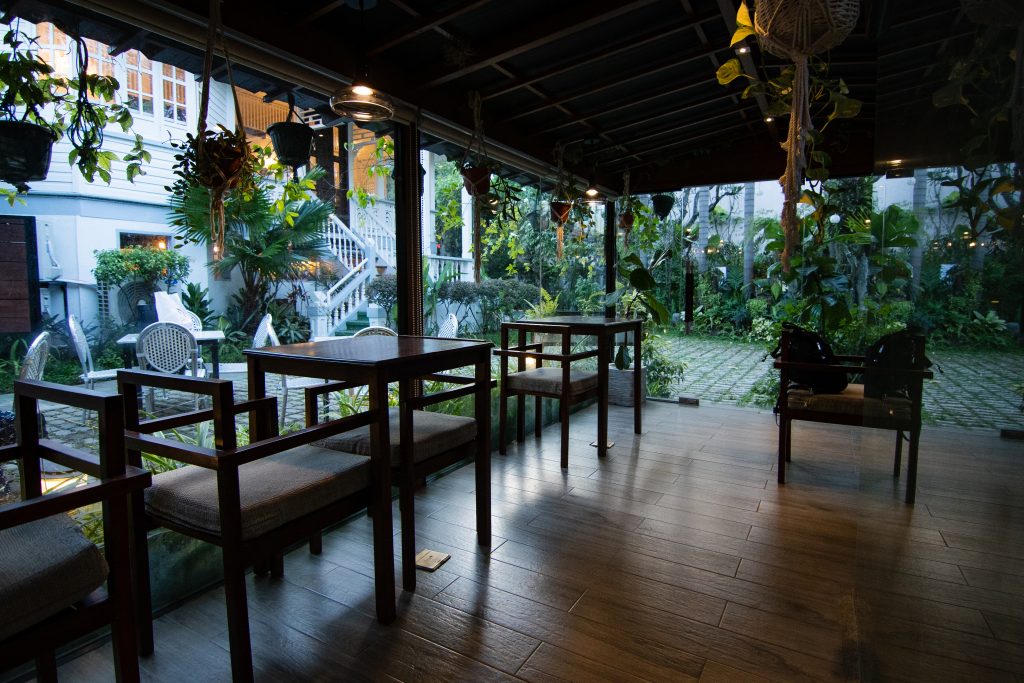
“Oboza Compound is a heritage home, it’s a landmark. When looking from the outside, the cafe cannot cover the facade of the main structure. Its roof is not supposed to go beyond the barbed wire and when people come into the compound, the cafe cannot feel like a separate structure.”
These were among the restrictions Kim was handed over when the offer came. This was not how Kim planned her cafe to be in the beginning as she was just hoping to put up a cafe with few chairs and an espresso machine in a conventional space.
“But at that point, I was really desperate to open. I was just really eager to put up a cafe because I felt like I waited for so long already, considering this (Glasshouse) is actually a year in the making,” says Kim.
Although they had to construct the whole structure itself, it was hard to decline considering the rental offered in the garden space was far cheaper than anywhere you’ll find of its kind. So she had gathered all the restrictions and conceptualized what is now Glasshouse Coffee.
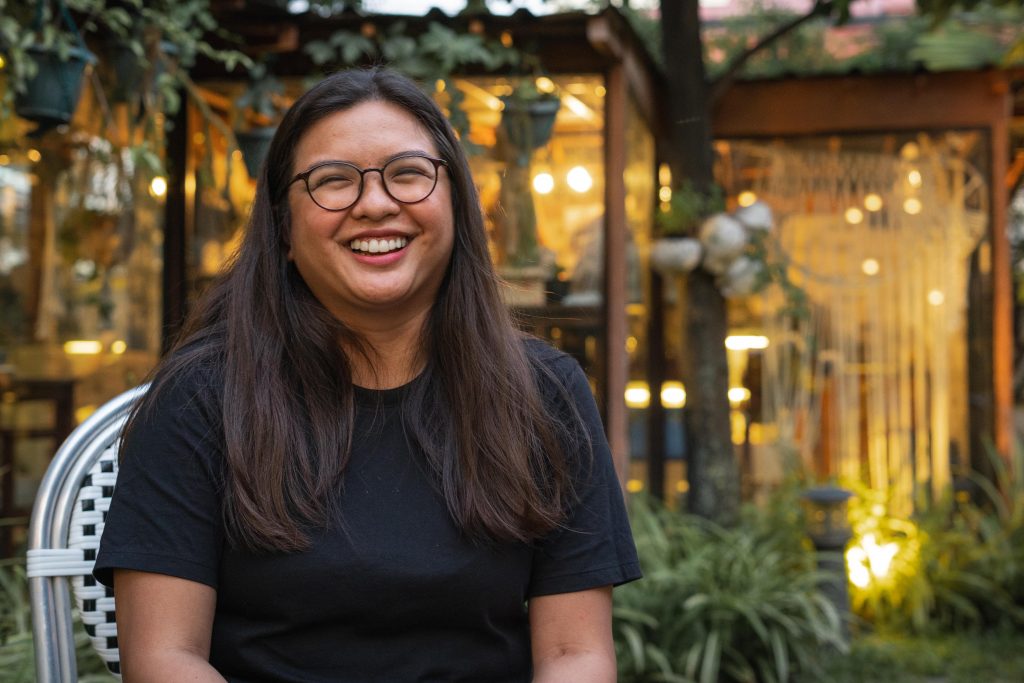
“A lot of our guests think that Glasshouse was really planned out but in reality, it was a product of the several restrictions.”
In some sense, these restrictions worked out excellently for her as the cafe offered a different experience and was a fresh take on coffee shop ventures in the city. True enough, the cafe complimented the whole hosting experience in Oboza that it was known for in the 1920s.
When going inside the cafe, Kim sheepishly describes the formless layout of the floor, referring to its several turns and corners as compared to a regular rectangular structure. “We were really just observing the restrictions and being obedient. We also did so to avoid the trees,” she shares.
Speaking from a regular’s perspective, this is what I love about Glasshouse; the solitary corners that it provided for everybody. Perhaps the unconventional layout and the glass that both separated and united you from the entirety of the compound–all that was a product of sheer obedience–are what attracted the cafe’s regulars.
“What’s really interesting with the cafe, is the contradiction of these restrictions and our regulars who somehow I have met on a personal level are the most liberated, free-spirited people that we know. Perhaps the space provided some level of freedom for them. And for me. I have a day job and every time I am here, it’s like my geneva. It’s just a nonplace where there is no time and space and I cannot be bothered.”
Kim Fabular
Speaking of the crowd that Glasshouse has catered to, the 5th installment of In the Company of Friends or Indie Co., the small indie music gathering hosted by Glasshouse, will be happening in February 2020. What started out as a way to raise funds for the cafe’s operational expenses became an important avenue for music in the city with the fact that most of the performers are musicians you have never heard of. It became a platform for bedroom musicians who never uploaded their work or never performed elsewhere.
“When we planned Indie Co. it was actually because our friends proposed something to do in the cafe because they were in town for a short time only. And I myself make my own music. It was also like it was also a reckoning point for me, because I used to play a lot in college, and Indie Co. stopped that hiatus for me,” Kim shares.
We moved our conversation to what Glasshouse meant for the city’s coffee culture. Early in her interest in coffee, she admits to never having had a decent cup in Davao. Having flown in and out of Manila, she got envious of the kind of straightforward coffee culture that was blossoming there. She then intended that her cafe would only offer coffee and milk, and the occasional pour-over and tea; all dependent on her stache and she made sure to keep the same menu since day one.
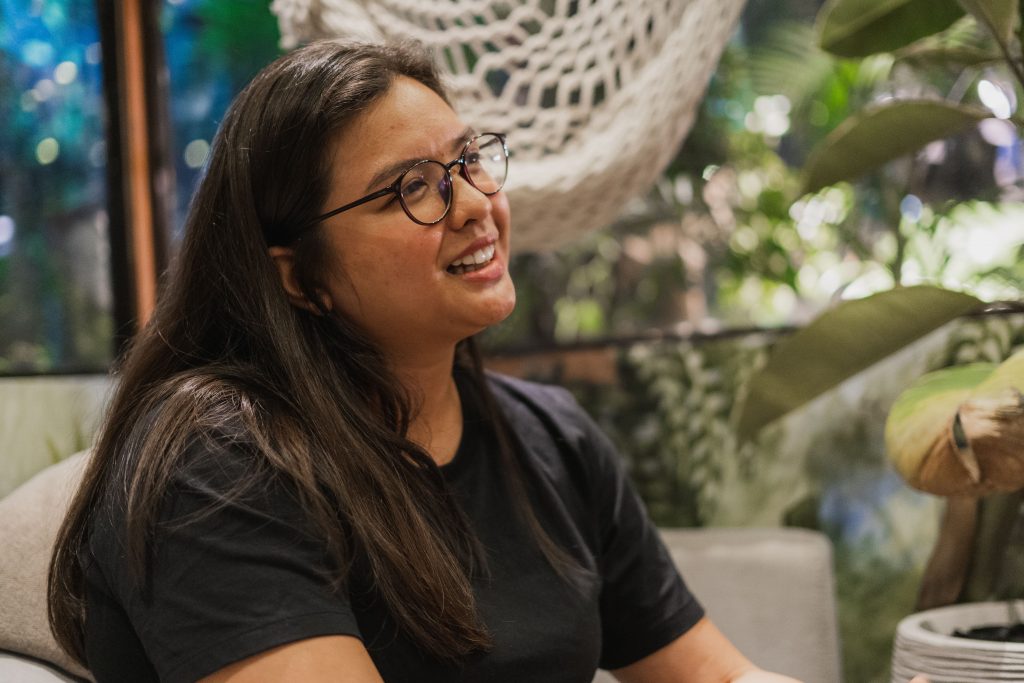
“We were so used to drinking coffee plus sugar plus whipped cream and all. Putting up a coffee shop that only featured coffee and milk was sort of an ambitious thought on my end. Not that there was anything wrong with it but it really makes me happy because now, there is a (coffee) culture being elevated,” Kim shares.
It would also make anyone proud when Kim shared how they have been using Davao’s own local beans from Mount Apo and so far, their roaster has developed the beans that made it flavorful on its own, with notes of hazelnut and chocolate.
If you visited Davao City two years ago, the choices for coffee places would have been the big companies and the others that would cease to exist if they had neither sweet-whipped-cream-topped coffee or good WiFi. But in today’s setting, Davao folk have more appreciation for coffee and our own Mindanao roasted beans with cafes like Purge Coffee Roaster, and Mugshots Wine and Cafe.
“If you go deeper into the coffee culture in Davao, you’d know that all of us are really good friends,” says Kim, explaining that it was not a competition or a sense that one cafe is better than the other, because they definitely have different markets that they cater to.
“Perhaps it is kind of unspoken that we do know a lot of our desired market would not find out about us because of the big competitors, and even so, it is weird to call them big competitors because–in terms of the sales–we really can’t compete. Also, we share the mindset that we opened our cafes in a way to elevate a culture and establish our love for coffee and not for the profit, per se.”
Kim Fabular
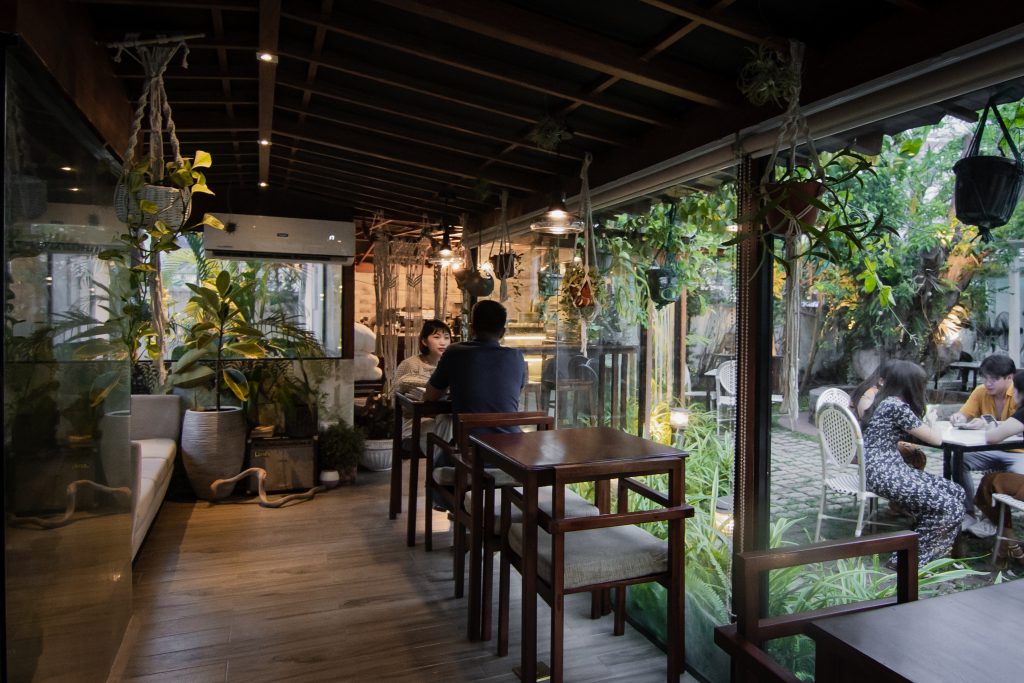
Everything that limited Glasshouse in the first place worked really well for them and served as building blocks to what it has now become for the city and its people. These small businesses remind us that a business with a humble vision and a strong desire to contribute to culture despite it going against profitable courses of action can thrive.
“We’re not really hungry for the sales, because when they come here and learn that we don’t serve the sweet kind that is too far away from coffee, they would just rather spend their money and time elsewhere. And conversely enough, those who come back–knowing we only have this on the menu–are, what I would say, the keepers.”
Photos by Princess Taroza
Follow CLAVEL on Facebook and Instagram for news, culture, and more.

